-
Keynote on Shared Perspectives “Political Economy of Climate (In)Action”
Below is the powerpoint of a keynote I gave (but interrupted after 1h due to feeling unwell) at the Shared Perspectives event at University of Bologna, October 6, 2023. Political-Economy-of-Climate-InactionDownload
-
Solutions to Climate Crisis
The invasion of Ukraine is now in its second year. The war has raised a ton of issues and has made transparent many of the institutional failings that are due to relatively slow and modest technology adoption. The shocks have just been hitting incredibly hard and very frequent. The pandemic highlighted the many structural deficiencies…
-
Horizon Scandal, IT systems and the honors system
This is another meta reflection that I want to share. This is relating the the Horizon IT system or the Post Office scandal. I must admit I have not followed all the details here but what strikes me as surprising is the timing that this scandal is being brought to light. Well, not quite brought…
-
Narrative Reset
One meta reflection on the Piketty, Saez, Zucman and Auten & Splinter debate is the following. It suggests there is an attempt to reset, control or cast doubt on a narrative. On one side you have academics at a top US University, on the other hand, you have academic economists associated with the public sector.…
-
Nudgocratic rule
Information governance and barriers to the free flow of information and data has been a or the key barrier to climate action. But with the rise of the information and attention economy, politically slanted information has both become the prime source of rents, while at the same time, has morphed into a potential weapon that…
-
Why councils across UK are going bust?
This short blog post explains why local councils across the UK are going bust.
-
Electoral surprises and business cycles
Surprise election outcomes can lead to unexpected changes in the incumbent government and the policy agenda. This column studies the economic impact of electoral surprises using a new dataset election polls and outcomes covering 233 elections across 51 countries. It finds that, in strong democracies, electoral surprises (defined as deviations between polling predications and election…
-
On the role of private data in research
Note: this is a reposted version of a verbal intervention at the Economic Policy Panel meeting in 2021 discussing some institutional considerations in light of research work that was presented that leverages private data for research. The COVID-19 pandemic led to an unprecedented economic policy response across much of the world. A broad range of…
-
Media’s Role in Economic Shocks: Unveiling the ‘Media Multiplier’
Negative events, from crime to pandemics, often trigger responses influenced or amplified by media coverage. Our collaborative work sheds light on this. Delve into the empirical concept—the ‘media multiplier’—where media magnifies the economic impact of adverse shocks. A Fresh Approach: Dyadic News DataTraditional media multiplier assessment focused on news timing. Our new paper innovates by…
-
What I learned from doing research during the pandemic
Public inquiries into COVID-19 policy making can tell us a lot about how robust our society’s plumbing is and whether evidence-based policy making is a lived practice – let’s not waste that opportunity
-
Contribution to the workshop “Beyond Neoliberalism and Neo-illiberalism: Economic Policies and Performance for Sustainable Democracy” at the New School
Let me tell you a little bit about my adult life as experienced through crises. In 2008, I moved to the UK, and the first crisis hit and was very apparent. The global financial crisis affected mounts of demography and my own economic outlook. It also resulted in an excessively large PhD cohort at the…
-
Jonathan Pie, Austerity and Brexit
I wanted to share something that I guess I have held mostly for myself for a long time. This is a story about impact and the role that researchers can play in disseminating research through unconventional means. I get asked to share: how do you do it? How do you have impact? I guess one…
-
Thiemo Fetzer’s submission to the Public COVID-19 Inquiry.
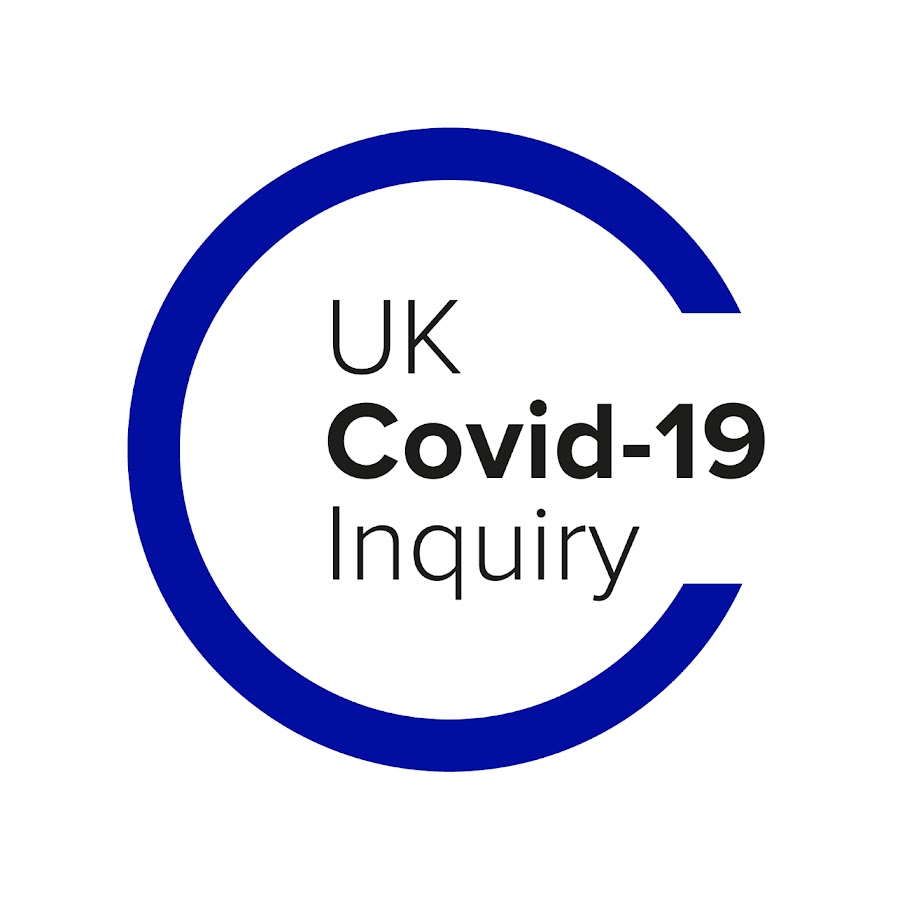
Tell us about your experiences (Required). This can be a past experience, something that’s still happening, or both. I carried out research during the pandemic starting right from February 2020, studying the policy response to the pandemic. I felt a call to service. The governments own stated ambition to following the science requires creation of…
-
Did the policy response to the energy crisis cause crime? Evidence from England.

This research paper used detailed data and a documented research method to show that areas more affected by the energy price increase experienced a noticeable increase in burglaries and anti-social behaviour.
-
Regulatory barriers to climate action: Evidence from Conservation Areas in England

British housing stock is among the oldest in the world and, by no coincidence, it also has the most poorly insulated homes in western Europe. Even in the teeth of an energy crisis, however, millions of British homeowners are prevented from installing energy efficiency measures due to arcane rules.
-
How large is the energy savings potential in the UK?

This study examines the impact of energy price shocks and the effectiveness of carbon taxes on different households. It also explores the potential benefits of improving energy efficiency in residential buildings, including energy, financial, and environmental aspects.
-
Beyond the Energy Price Guarantee. With or Without?

The UK government implemented the Energy Price Guarantee (EPG) to address the energy crisis and rising cost of living. However, this new policy highlights some shortcomings of the EPG and suggests alternative measures.
-
Subsidizing the spread of COVID-19 evidence from the UK’s eat-out-to-help-out scheme

The government initiative, which cost around £500 million, caused a significant rise in new infections in August and early September accelerating the pandemic into its current second wave.
-
Pandemic Pressures and Public Health Care: Evidence from England
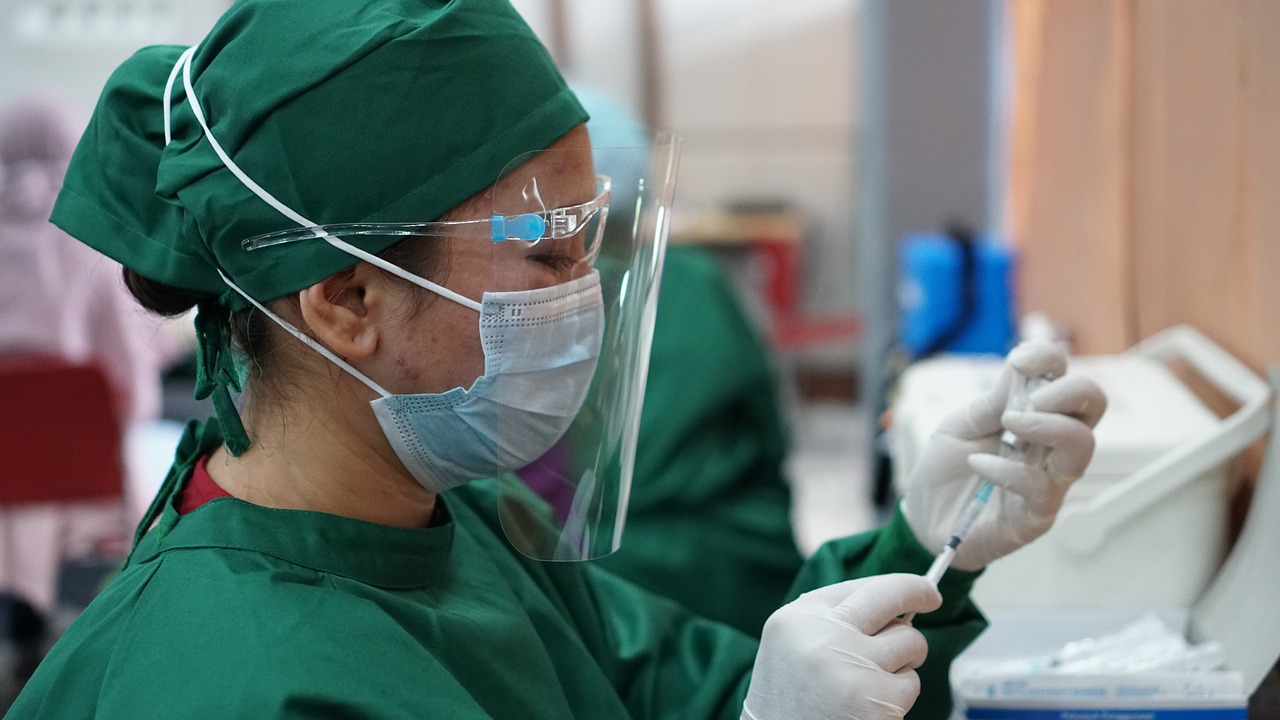
Delays to cancer referrals and treatment times have led to an estimated 32,000 missing cancer patients that should have already started receiving treatment. Meanwhile, pandemic pressures have adversely affected the quality of care received by non-Covid patients resulting in at least 4,000 additional deaths that could otherwise have been avoided in England.
-
Measuring the Epidemiological Impact of a False Negative: Evidence from a Natural Experiment

Reliable COVID-19 testing remains a central pillar to manage the pandemic. Yet, the accuracy and reliability of tests and test equipment has regularly been brought into question. Both false-positive and false-negative test results convey costs.
-
De-escalation technology: the impact of body-worn cameras on citizen-police interactions.
We provide experimental evidence that monitoring of the police activity through body-worn cameras reduces use-of-force, handcuffs and arrests, and enhances criminal reporting.
-
Security Transitions

How do foreign powers disengage from a conflict? We study this issue by examining the recent, large-scale security transition from international troops to local forces in the ongoing civil conflict in Afghanistan.
-
Global Behaviors, Perceptions, and the Emergence of Social Norms at the Onset of the COVID-19 Pandemic

We conducted a large-scale survey covering 58 countries and over 100,000 respondents between late March and early April 2020 to study beliefs and attitudes towards citizens’ and governments’ responses at the onset of the COVID-19 pandemic.
-
Measuring the Scientific Effectiveness of Contact Tracing: Evidence from a Natural Experiment

NHS Test and Trace works, new research finds, but the data glitch which led to over 15,000 late referrals in October may have brought about more than 125,000 additional COVID-19 infections and over 1500 deaths.
-
Coronavirus Perceptions And Economic Anxiety

A study of Google search activity and a survey explores how the coronavirus has led to an increase in economic anxieties. Historical data shows that increases in search activity around topics like recession are associated with sharp contractions in growth rates. The rapid and global spread of the new coronavirus within just a few weeks…
-
Housing insecurity and homelessness: Evidence from the UK
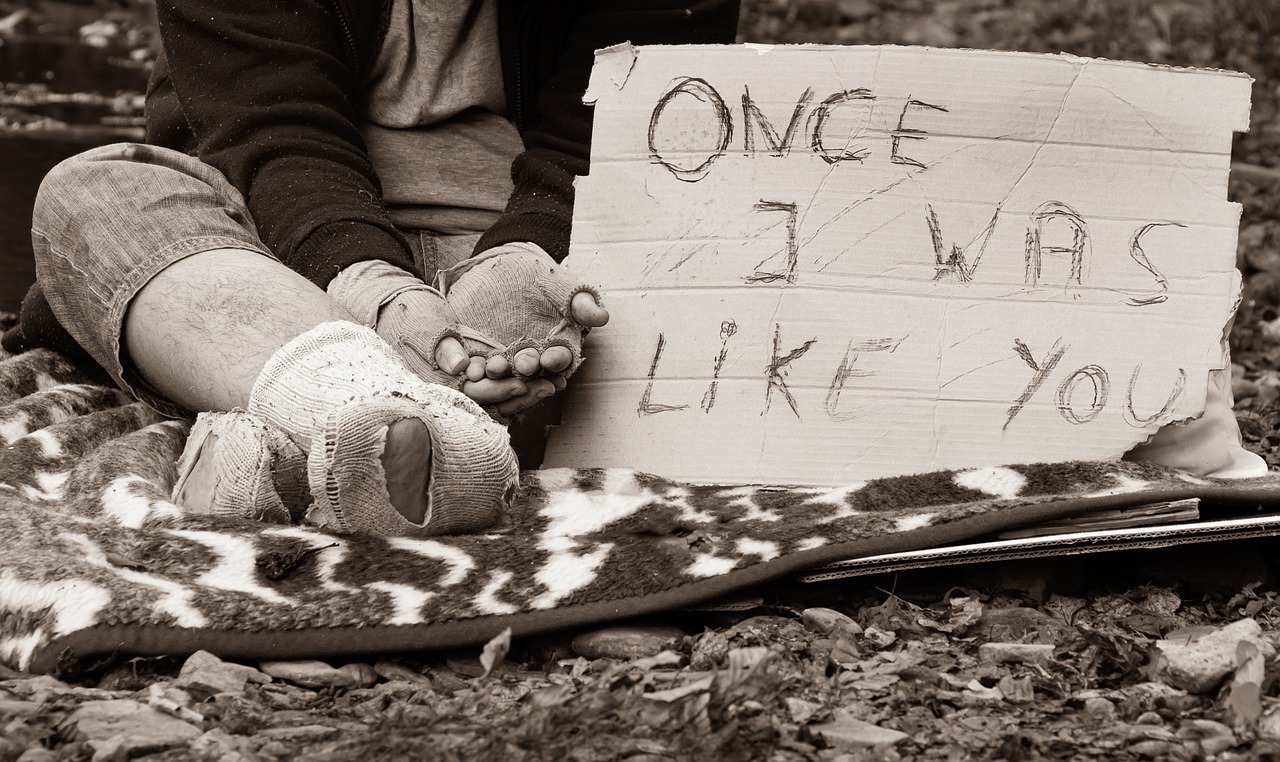
Homelessness and precarious living conditions are on the rise across much of the Western world. This research paper examines the impact of a shock to the affordability of rent in the private sector in the UK, in the form of a cut in housing subsidies for low-income households, on homelessness and insecure living conditions as…
-
Can Workfare Programs Moderate Conflict? Evidence from India.
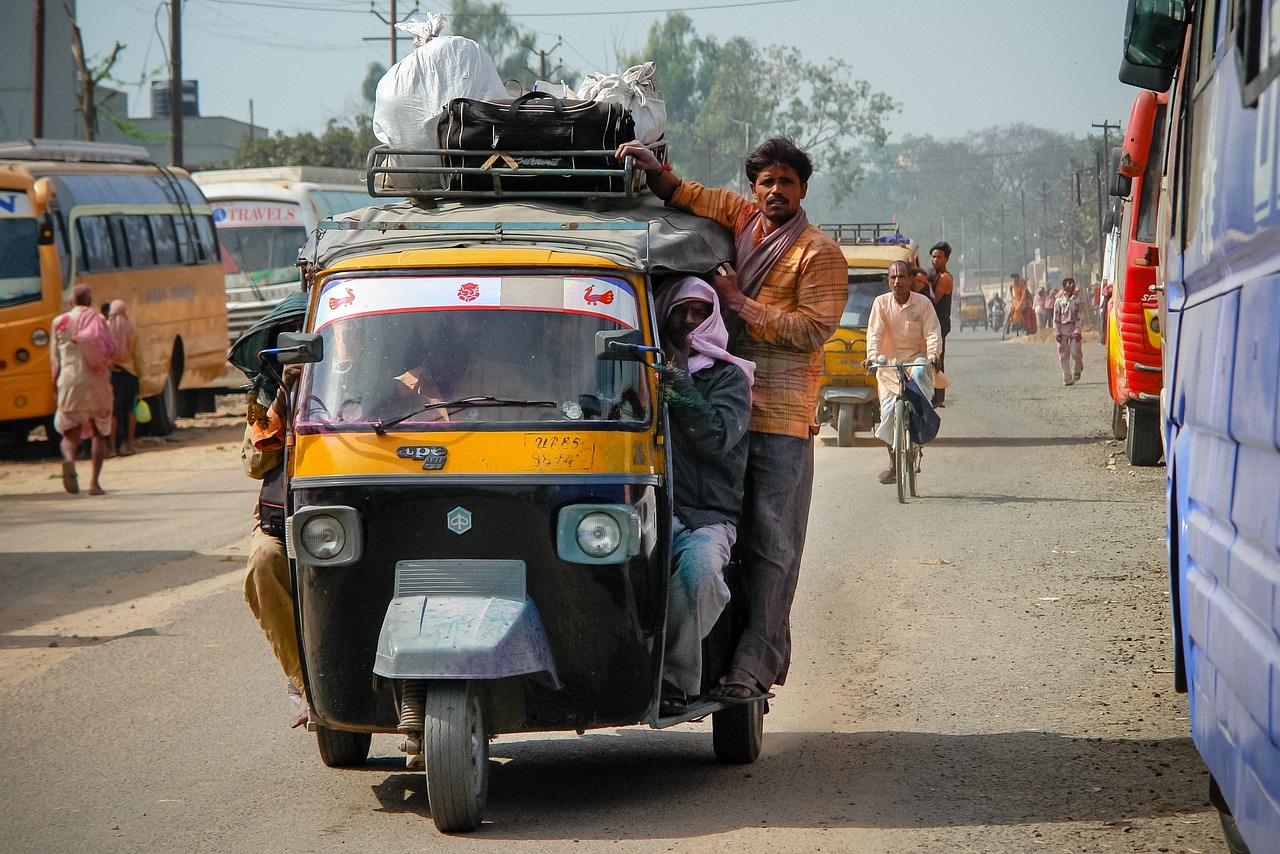
This research paper explores whether rural employment schemes under MGNREGA can have a moderating impact on insurgency violence.
-
Did Austerity Cause Brexit?

This research paper uses regional-level data on spending and voting behaviour, as well as individual-level survey data, to argue that the austerity policies in place in the UK since 2010 were an important contributing factor to the vote to Leave.
-
Cohesive Institutions and Political Violence

We look at Nigeria—often seen as the prime example of a country cursed by its wealth; showing that when political institutions are cohesive and power is shared among the diverse groups in a multi-ethnic society, political contests over resource revenues are less likely to be violent.
-
Who voted for Brexit?
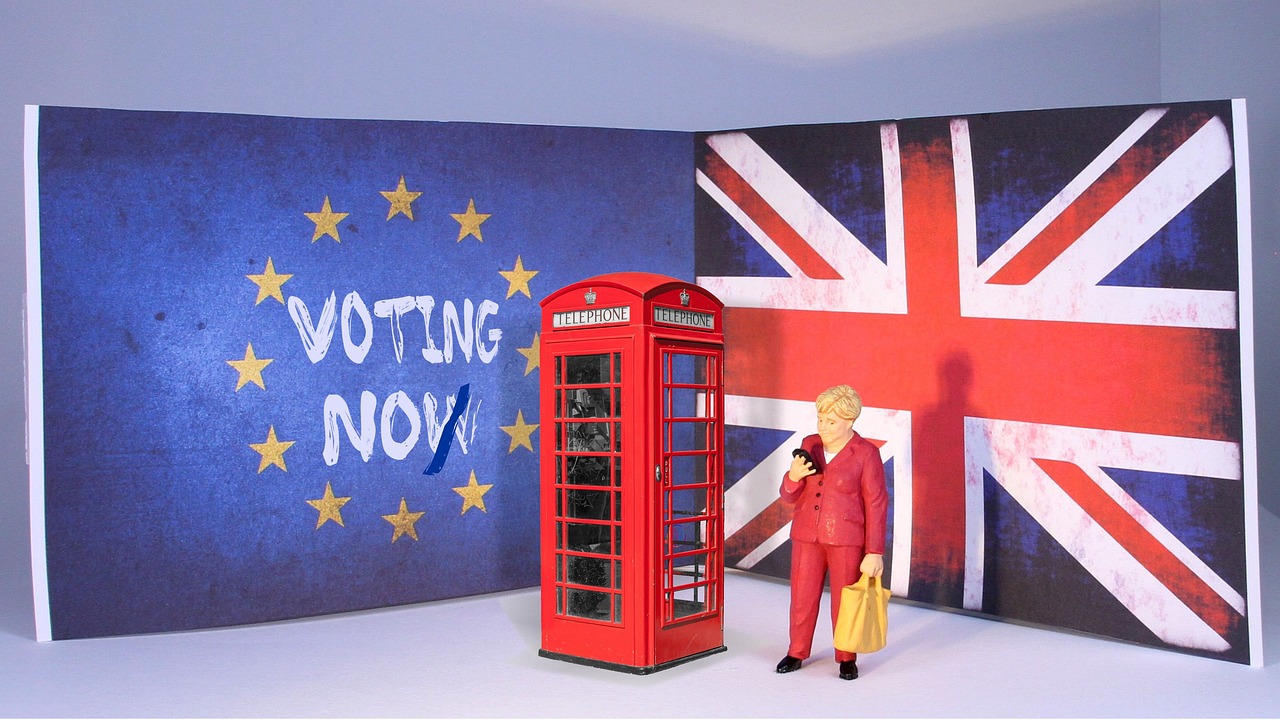
In a new paper, we analyse the Brexit referendum vote in detail, studying the EU referendum result in England, Wales and Scotland in a disaggregated way across 380 local authorities (and across 107 wards in four English cities). We relate the vote to fundamental socio-economic features of these areas.
-
On the Comparative Advantage of U.S. Manufacturing: Evidence from the Shale Gas Revolution
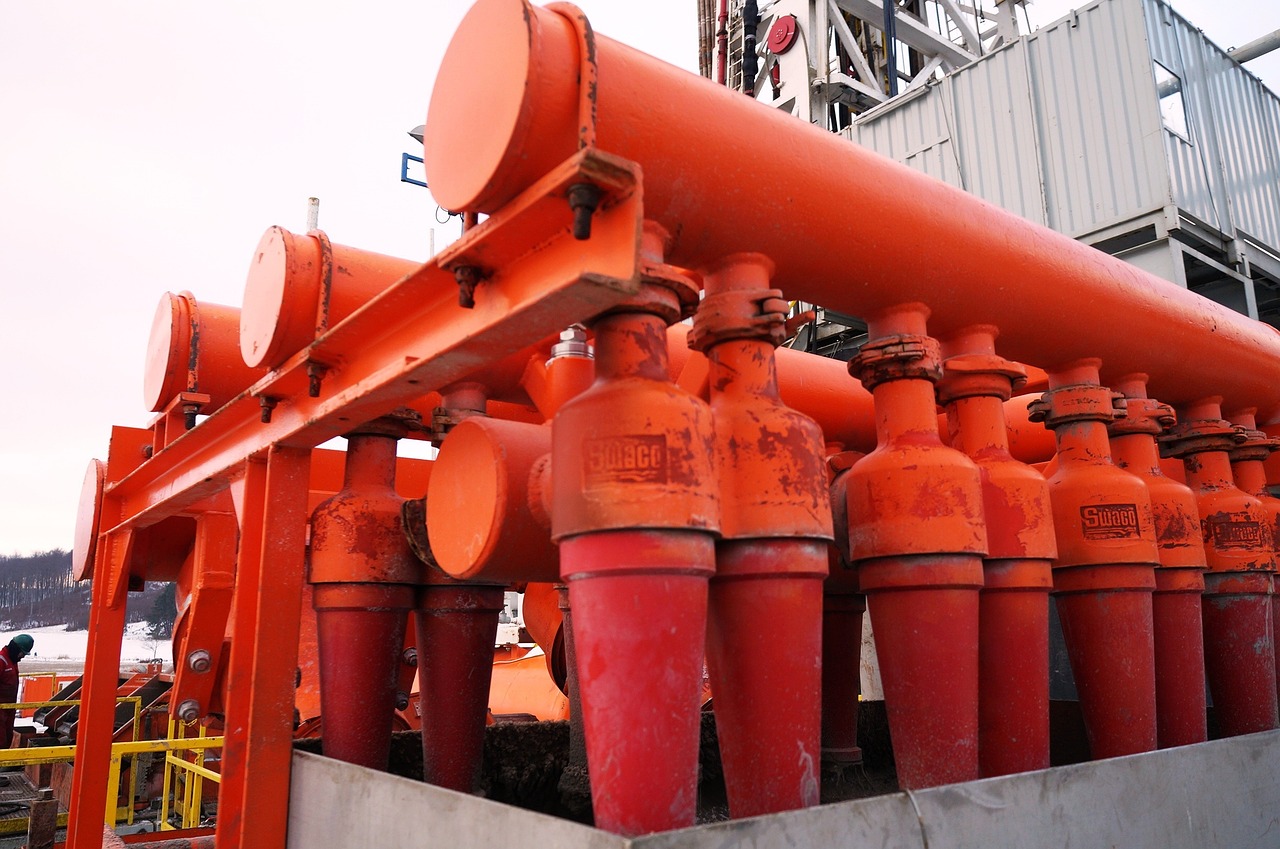
In the United States, exploitation of shale gas resources through a technology called hydraulic fracturing (‘fracking’) started an energy revolution from the early 2000s onwards. The surge in shale gas production has made the United States the largest natural gas producer in the world. What are the implications for US manufacturing?
-
Take what you can: property rights, contestability and conflict

The combination of weak institutions and natural resource abundance are a recipe for civil conflict and the overexploitation of natural resources. This research paper presents evidence from Brazil indicating that insecure property rights are a major cause of land related conflict and a contributing factor in Amazon deforestation.
-
The Welfare Cost of Lawlessness: Evidence from Somali Piracy

Somali piracy has created a major externality due to disruption to shipping, especially in the Gulf of Aden. How costly is this anarchy? This research paper analyses micro-data on individual shipping contracts and finds that piracy increased transport costs by around 8%.
- Blog
- Brexit
- Brexit Research
- Climate Crisis
- Climate Crisis Research
- COVID-19
- COVID-19 Research
- MEGEO
- MEGEO Research
- Resilience & Institutions
- Resilience & Institutions Research
- March 2024
- February 2024
- January 2024
- December 2023
- September 2023
- August 2023
- July 2023
- May 2023
- February 2023
- November 2022
- October 2022
- April 2022
- January 2022
- November 2021
- October 2021
- July 2021
- February 2021
- November 2020
- March 2020
- December 2019
- August 2019
- June 2019
- December 2018
- October 2017
- July 2017
- June 2016
- January 2013